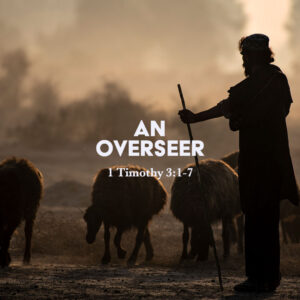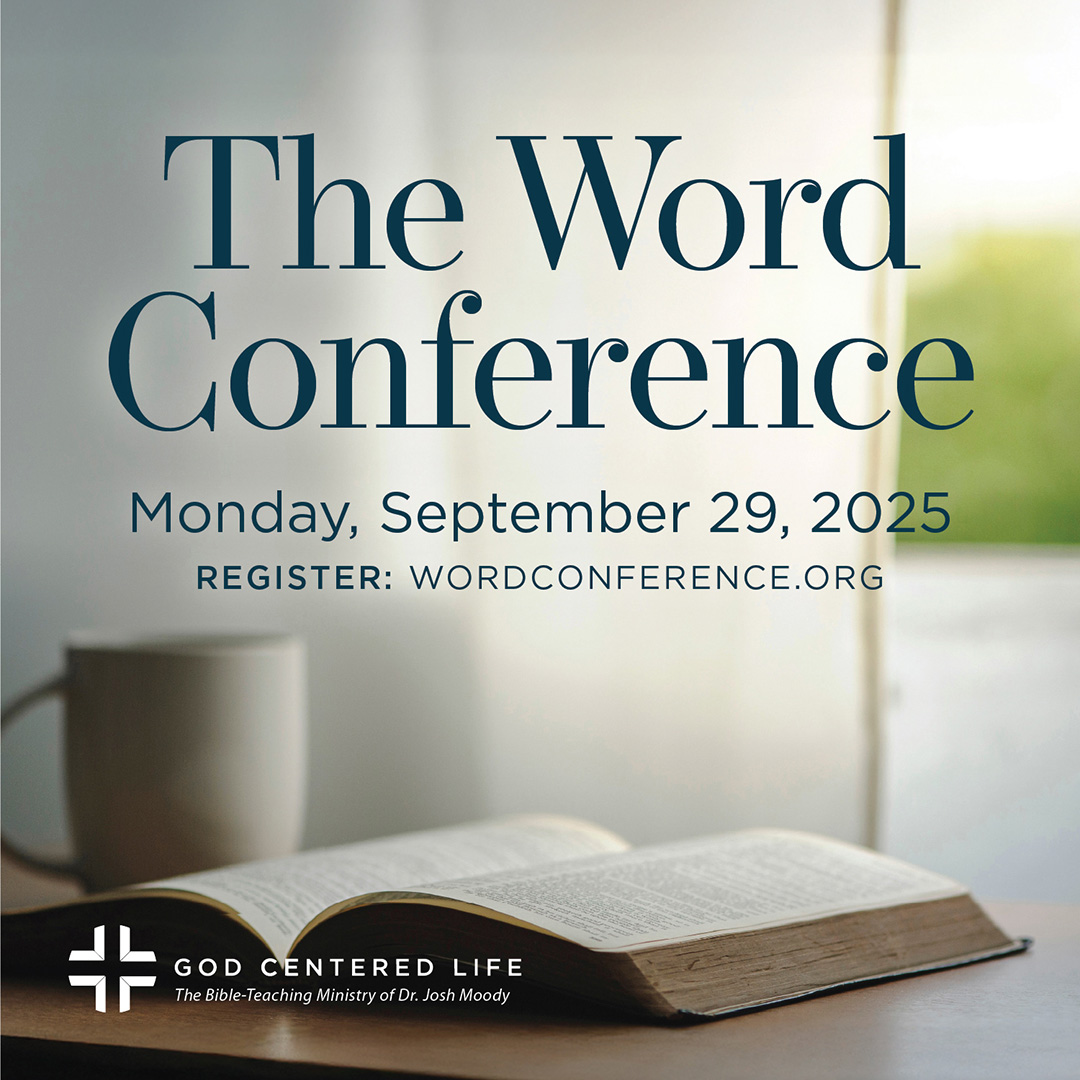1 Timothy 3:1-7: An Overseer
August 4, 2023
TODAY'S BIBLE READING:
Ezra 6, Proverbs 4, Luke 14:1-14, 1 Timothy 3:1-7

The Bible reading program that we follow in our devotionals suggests that this reading goes to verse 10 (and then the next from verses 11 to 18). But the more natural way to divide this chapter is at verse 7 – see the “similarly” at verse 8 before the subject shifts to the diaconate – and I will follow that division.
These verses are about the appropriate criteria for the senior leadership of a local church, what Paul calls here “an overseer,” which is a word that is interchangeably used in the New Testament with the office of elder or shepherd (see 1 Peter 5:1-5 or Acts 20:17-38). Often then these verses are described as the necessary requirements of an elder, overseer, shepherd or pastor.
To begin with, Paul thinks that desiring to serve in this role is “noble.” But note the desire is to be for the “task,” not for the office itself. If someone wants the authority but does not want the work, then they are not desiring as Paul wants them to desire. The desire should be to serve and to do the work.
Then comes an extensive list of criteria. They are worth studying in detail before making any appointment to Christian leadership, and indeed if we are considering ourselves for the role of a Christian leader. A few general points can be made.
First, the list is not “super-spiritual.” Paul does not talk about how many hours in prayer an overseer must have, or how stoically or ascetically holy they must be. What Paul is describing are the characteristics of a mature disciple of Jesus. This is because an overseer must be someone who is representing by how they live what it means to follow Jesus. Therefore, we should not exclude from the office of elder or overseer people who are not “super spiritual” or very very mature; we should, though, definitely exclude from the office of elder those who do not have these characteristics of maturity.
Then you can note that there is a characteristic of hospitality. Literally, this is a lover of strangers. An elder or overseer must be the kind of person that newcomers are welcomed by. He must have a heart for the gospel and for reaching more people with the gospel.
The one gift or talent that is required is able to teach. This does not mean that an elder needs to be gifted rhetorically or able to command a pulpit. It means that an elder needs to be able to explain the gospel to a newcomer, teach a Bible study to a Christian, and discern whether a teaching is sound or not so that he can protect the church from false teaching.
Then it is clear that the way that an elder manages his own household is to be brought into focus. This does not mean that an elder must be married (otherwise this would exclude Paul, Augustine, John Stott, not to mention Jesus himself). But what it means is that his household must be well-managed, because the household is the “first church” from which larger church responsibilities take their cue.
The devil’s trap which is mentioned is surely pride: and the antidote to it is not being a young convert (so again, having maturity) and also having a good reputation with outsiders (and therefore not overcompensating with failure in other areas of life to force your identity about the local church).
ABOUT THE AUTHOR
Josh Moody (Ph.D., University of Cambridge) is the senior pastor of College Church in Wheaton, IL., president and founder of God Centered Life Ministries, and author of several books including How the Bible Can Change Your Life and John 1-12 For You.
WANT MORE?
To receive God Centered Life devotionals directly in your inbox, as well as other resources, enter your email address in the form at the bottom of this page and click "subscribe."


